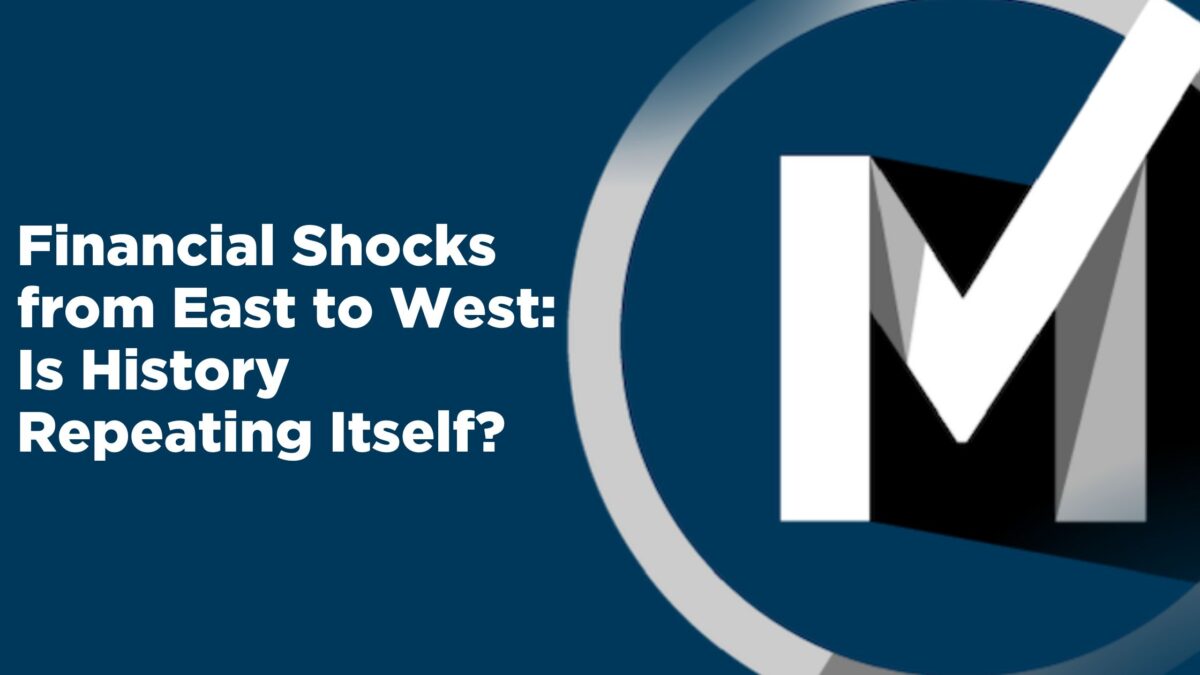
Financial Shocks from East to West: Is History Repeating Itself?
In the shadow of past economic downturns, the world now watches as a new crisis unfolds, with China’s economic stability in the crosshairs. As we delve into the economic tumult shaking the foundation of the second-largest economy, it’s crucial to wonder: are we witnessing a reiteration of the 2007-2010 global financial crisis, or are we facing a new beast altogether?
## China’s Economic Tremor: A Glimpse into the Crisis
Recent market events in China have shaken investor confidence globally. The CSI 1000 index witnessed a 6% drop in just one day, and since December 2021, the China A-shares ETF has plummeted by 45%. Meanwhile, Alibaba, a premier consumer company, has seen an 80% reduction in value over two years. These financial upheavals are further aggravated by the Chinese government’s restrictions on short selling and the preparation of a substantial bailout package in Beijing.
### The Real Estate Domino Effect
At the core of China’s financial turmoil are its real estate giants such as Country Garden and Evergrande, struggling under immense pressures similar to the U.S. housing bubble burst that precipitated the 2007 crisis. These companies are buckling under the weight of missed interest payments and staggering leverage levels—reminiscent of the precursors to the past financial crisis. The cracking facade of these real estate behemoths reveals deeper systemic issues driven by aggressive borrowing and speculative investments, exacerbated by stringent regulatory crackdowns.
## Comparing Crises: East vs. West
The Great Financial Crisis (GFC) of 2007-2010, primarily fueled by mortgage-backed securities in the U.S., demonstrated how interconnected the global economy truly is. Today, as we face a potential crisis originating from China, the stakes are even higher given its integral role in global supply chains and commodity markets. A significant economic slowdown in China could potentially trigger widespread disruptions, affecting everything from global supply chains to commodity prices, and dampening economic growth worldwide.
### U.S. Responses and Current Real Estate Climate
In contrast to the 2008 prelude, today’s U.S. real estate market is buttressed by stricter lending standards and a persistent housing shortage, although rising interest rates present new challenges. However, if China’s economic situation worsens, it may test the resilience of U.S. markets, despite their unique dynamics providing a potential shield against a full-blown financial impact.
## Opportunities Amidst Uncertainty
Economic instability often brings about unique investment opportunities. The shift towards remote work has transformed demand within the real estate sector, with rising interest in suburban and rural properties—areas that offer more space and affordability. This trend provides a fertile ground for real estate investors to diversify and tap into growing markets.
## The Role of Proptech and Market Diversification
Advancements in property technology (Proptech) are revolutionizing how properties are bought, sold, and managed. Investors who leverage these new tools can enhance their decision-making processes, efficiency, and profitability. Moreover, diversifying within the real estate realm—from residential to commercial and industrial segments—provides a buffer against market volatility. For example, e-commerce-driven demand for logistical spaces and warehouses continues to surge, a trend accelerated by the pandemic.
## Conclusion: Learning from the Past While Eyeing the Future
The parallels and lessons from the 2007 financial crash serve as a stark reminder of our global economic interdependencies and the necessity for vigilance. As global citizens and investors, the onus lies on us to stay informed, adapt to new realities, and prepare for potential shifts. We must navigate these turbulent waters together, armed with knowledge and a readiness to pivot strategies as circumstances evolve.
As this scenario continues to unfold, how it will impact our future remains a subject of great interest and concern. The ongoing dialogue around these issues will shape our collective response to emerging economic challenges, ensuring that we are better prepared to face whatever lies ahead.
Remember, your engagement and insights are invaluable as we continue to explore these critical topics. If you found value in this discussion, don’t forget to share your thoughts and engage with the community. Together, we can build a more informed and resilient economic future.






